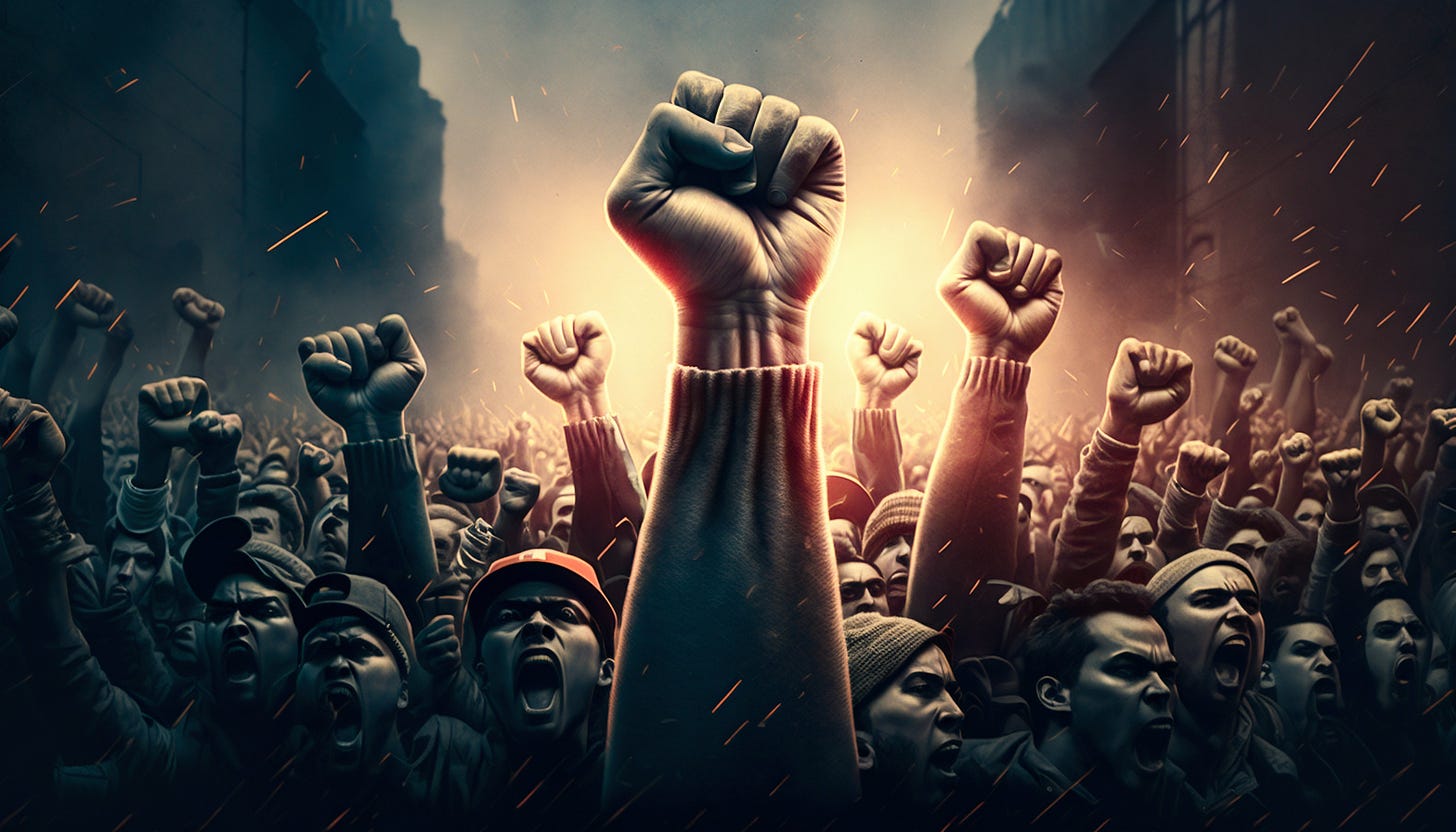The Tyranny of Democracy
"Democracy passes into despotism." - Plato's "Republic," Book VIII
Liberal Democracy has often been hailed as the pinnacle of human political achievement and the “final form of human government.” However, what is rarely discussed is how democracy itself paradoxically paves the way to outright tyranny. This is not a new revelation, yet its reality has been obfuscated due to incessant propaganda from both left and right …




